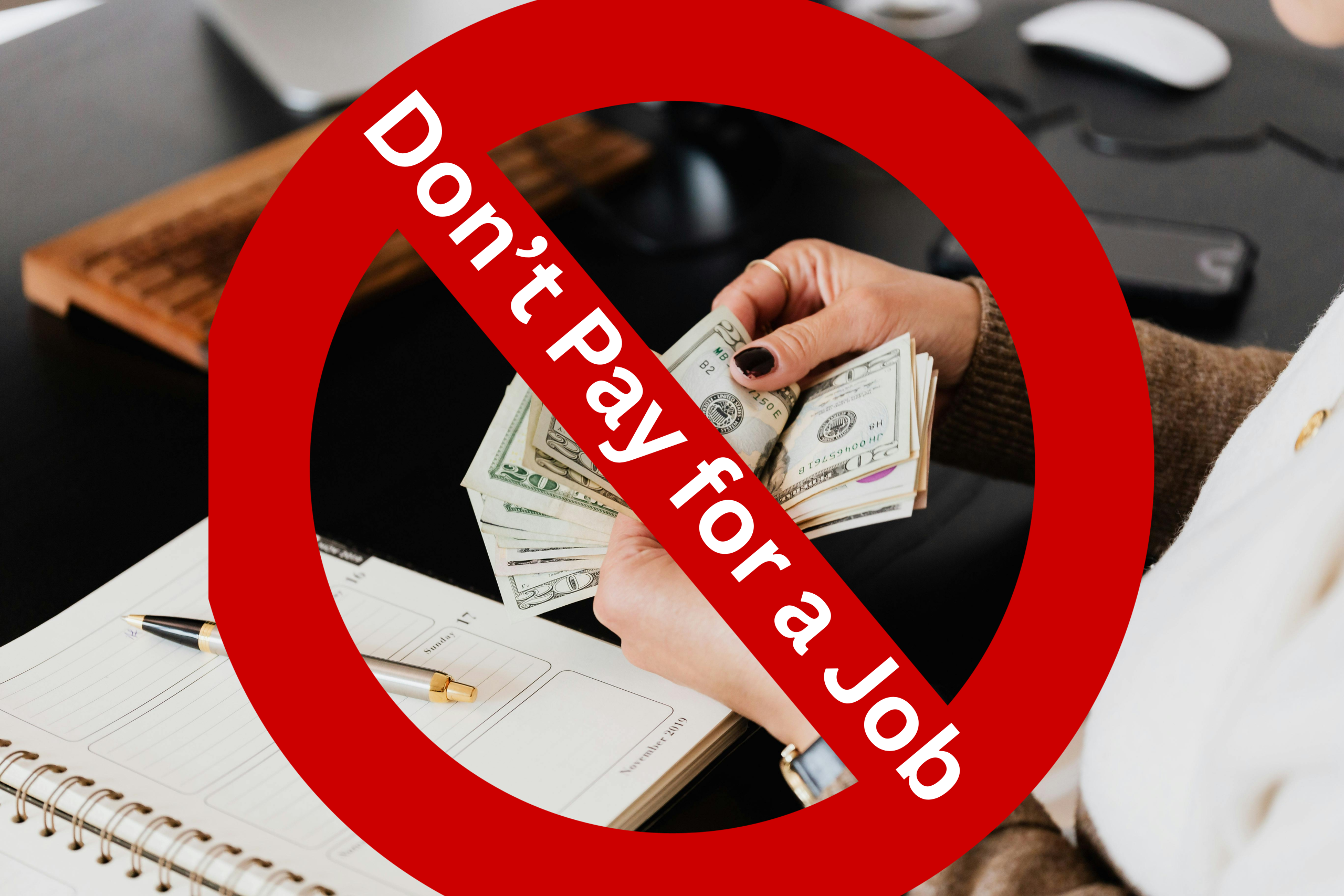Category List

Know Your Rights
6 Articles
Reporting Abuse
6 Articles
Resources and Support
6 Articles
Spotting Fake Jobs
4 Articles
It’s 6:45 PM. You were supposed to be off the floor by 5. But now you’re standing by the copier. One more urgent task, they said. No overtime pay. No thanks. Just… work. You sigh. Think about saying something. But what if they fire you? Here’s the tr...
It usually creeps in slowly. Quiet. A strange stare during a meeting. That weird joke. The kind that makes the room fall silent. You laugh, a little, but not because it’s funny. More like… because you don’t know what else to do. At first,...
You show up. Early. Clock in. Smile at the manager even when you’re dead tired. You skip breaks. Take extra shifts. Cover for others when they don’t show up. It’s work, yeah, but you do it because you need to. Rent isn’t going to pay itself. But then...
You’ve been thinking about it. Maybe not loud. Just a whisper inside your head.Something feels off at work. The pay. The pressure. The way they treat people.And nobody seems to listen. Or care. You’re not alone. A union could help. But how do you eve...
You get an email. Subject: “Immediate Job Offer.” It’s from some company you don’t remember applying to. They say they loved your CV. Huh? You squint at the email. It looks fancy. Big words. Big promises. Big salary. But… something feels wrong....
You’re job hunting. Been scrolling. Sending CVs. Applying like crazy. Then one day boom. “Congratulations! You’ve been shortlisted.” That message hits your inbox like a small miracle. Feels good, right? But wait. Something’s… off. The ema...
You’ve been thinking about it. Maybe not loud. Just a whisper inside your head.Something feels off at work. The pay. The pressure. The way they treat people.And nobody seems to listen. Or care. You’re not alone. A union could help...
You get an email. Subject: “Immediate Job Offer.” It’s from some company you don’t remember applying to. They say they loved your CV. Huh? You squint at the email. It looks fancy. Big words. Big promises. Big salary. But… so...
It usually creeps in slowly. Quiet. A strange stare during a meeting. That weird joke. The kind that makes the room fall silent. You laugh, a little, but not because it’s funny. More like… because you don’t know what e...
Abuse at work.It’s more common than we think.More silent. More hidden. Sometimes it’s yelling.Sometimes it’s whispers.Sometimes it’s a stare that lasts too long. Or that hand on your back that shouldn’t be there. You try to ignore...
It’s 6:45 PM. You were supposed to be off the floor by 5. But now you’re standing by the copier. One more urgent task, they said. No overtime pay. No thanks. Just… work. You sigh. Think about saying something. But what if they fir...
You clock out. Mind spinning. Something felt… off. Maybe it was that shift change with no notice. Or the weird way your manager said, “Be grateful you even have a job.” Whatever it is. Your gut’s not lying. And good ne...














